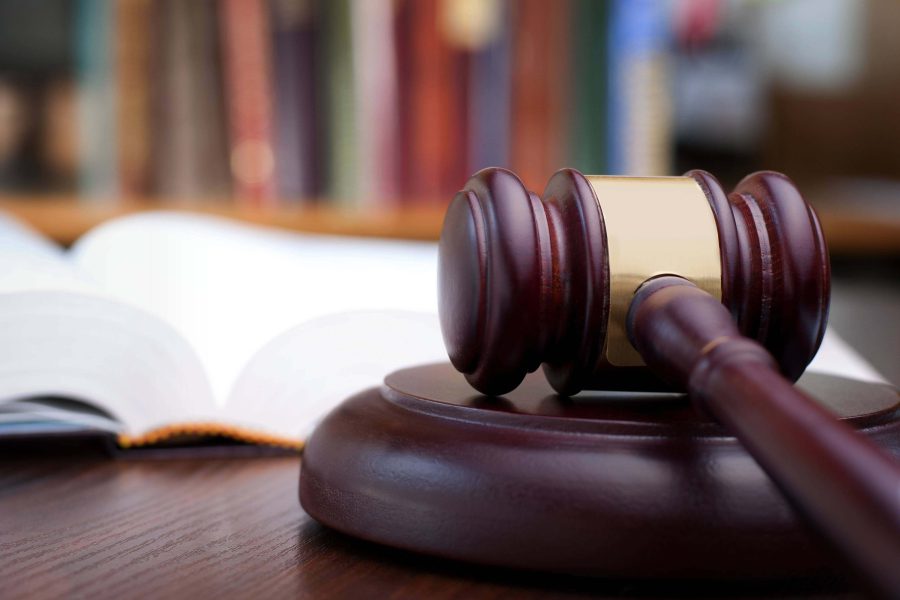Vol. 17-005, June 26, 2017
(OAH Case No. 2016120176 (2017).)
The Gist
- Witness credibility is critical in CPC hearings. Inconsistent testimony may undermine the District’s case.
- To impose a suspension on a permanent certificated employee, school districts must proceed with a hearing before the Commission on Professional Competence in the same manner as a dismissal, unless an alternative method is in place through collective bargaining negotiations.
The Details
The school district suspended a middle school special education teacher after students reported the teacher grabbed a student by the shirt and threw another student against the wall. After placing the teacher on administrative leave and conducting an investigation, the school district moved for a two-day suspension, alleging the teacher’s misconduct constituted immoral conduct and evident unfitness for service.
At hearing, the student witnesses consistently testified that the teacher placed his hands on one student. However, the students’ testimony varied widely regarding the severity of the touching. Further, the students’ testimony conflicted with statements they drafted immediately following the incident.
The CPC noted that two teachers who partially witnessed the incident testified the teacher did not grab the student or throw the other against a wall. Additionally, the CPC noted that the alleged conduct was out of character for the teacher, finding that the teacher had never been accused of misconduct prior to this incident, and his most recent evaluation described his conduct as exemplary.
Consequently, the CPC found the students’ description of the teacher’s conduct less plausible than the version of events described by staff members who witnessed the incident. Ultimately, the CPC found the evidence did not support the school district’s contention that the teacher grabbed a student and threw the other against a wall. As a result, the CPC overturned the suspension.
Practical Pointers
School districts must often rely on student witnesses when addressing teacher misconduct. As seen in prior cases, this case demonstrates that complications can arise with student witness testimony. When interviewing students, school districts should identify and address any inconsistencies among student accounts of the events. Additionally, during the investigative process, school administrators should ensure that student written statements are detailed and contain the students’ complete recollection of events. Finally, prior to making a recommendation to the governing board regarding disciplinary action, administrators should carefully scrutinize all relevant evidence and attempt to review the evidence in the same manner as a CPC.
Please note, nothing contained in the CPC Blog is intended to be legal advice. Please feel free to contact any of our offices for additional information and/or consult legal counsel regarding any particular matters.
